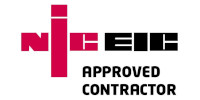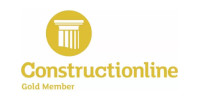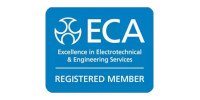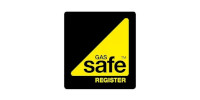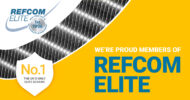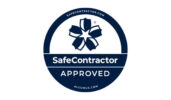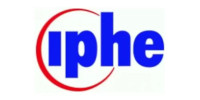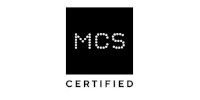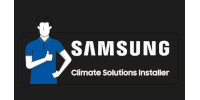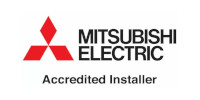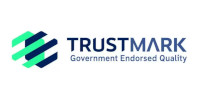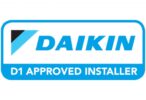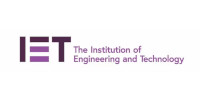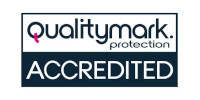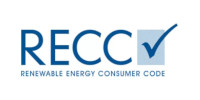Boosting Energy Efficiency and Embracing Renewable Energy in Facilities Management

In the modern era, energy efficiency and renewable energy are not just buzzwords – they are essential components of effective facilities management. For UK facilities management and installation contractors, the drive towards sustainability presents a golden opportunity to lead the charge in reducing energy consumption and environmental impact while achieving significant cost savings. This article delves into the importance of conducting energy audits, explores various renewable energy solutions, and highlights the benefits of upgrading to energy-efficient lighting and HVAC systems.
The Importance of Energy Audits
Conducting an energy audit is the first crucial step towards improving energy efficiency. An energy audit involves a thorough examination of a facility’s energy use, identifying areas where energy is being wasted and recommending measures to enhance efficiency. The benefits of Energy Audits include:
Cost Savings – Energy audits can pinpoint inefficiencies and suggest corrective measures that lead to substantial savings on energy bills. By identifying and rectifying energy wastage, facilities can lower their operating costs significantly.
Improved Performance – Understanding energy consumption patterns allows for better management of energy use, resulting in improved performance of systems and equipment.
Environmental Impact – Reducing energy consumption decreases the carbon footprint of a facility, contributing to environmental sustainability and compliance with environmental regulations.
Enhanced Comfort and Productivity – Optimising energy use can lead to better climate control and lighting, enhancing the comfort and productivity of occupants.
Renewable Energy Solutions for Facilities
Transitioning to renewable energy sources is a pivotal move towards sustainability. Several renewable energy solutions can be implemented in facilities management to reduce reliance on fossil fuels and lower energy costs, including:
Solar Power – Solar panels can be installed on rooftops or other available spaces to harness solar energy. This renewable energy source is abundant and can significantly reduce electricity bills and demand on the grid. In addition, government incentives and grants can offset initial installation costs, making solar power a viable long-term investment.
Wind Energy – For facilities with sufficient space and favourable wind conditions, small-scale wind turbines can provide a substantial amount of renewable energy. Wind energy is a reliable and cost-effective solution that complements other renewable sources.
Biomass Energy – Biomass energy utilises organic materials such as wood chips, agricultural waste, and other biodegradable materials to produce heat and electricity. Biomass systems can be particularly effective in facilities with access to a consistent supply of organic waste.
Geothermal Energy – Geothermal systems use the earth’s natural heat to provide heating and cooling. This solution is highly efficient and can drastically reduce energy consumption for climate control in facilities.
Energy-Efficient Lighting Solutions – Lighting accounts for a significant portion of energy consumption in facilities. Upgrading to energy-efficient lighting systems is one of the simplest and most effective ways to improve energy efficiency.
LED Lighting – Light Emitting Diode (LED) lighting is far more energy-efficient than traditional incandescent or fluorescent lighting. LEDs use less electricity, have a longer lifespan, and provide better light quality. Upgrading to LED lighting can lead to immediate energy savings and reduced maintenance costs.
Smart Lighting Controls – Implementing smart lighting controls, such as motion sensors and dimmers, can further enhance energy efficiency. These controls ensure that lights are only used when needed and adjust lighting levels based on occupancy and natural light availability.
Energy-Efficient HVAC Systems – Heating, ventilation, and air conditioning (HVAC) systems are major energy consumers in facilities. Upgrading to energy-efficient HVAC systems can yield significant benefits.
High-Efficiency HVAC Units – Modern high-efficiency HVAC units consume less energy while providing superior climate control. These systems often come with advanced features such as variable speed motors and smart thermostats, which further optimise energy use.
Regular Maintenance – Regular maintenance of HVAC systems is crucial to ensure they operate at peak efficiency. Cleaning filters, checking for leaks, and ensuring proper insulation can prevent energy wastage and prolong the lifespan of the equipment.
Benefits of Upgrading to Energy-Efficient Systems
Cost Reduction – Upgrading to energy-efficient lighting and HVAC systems can lead to substantial reductions in energy bills. The savings on operating costs can quickly offset the initial investment in new equipment.
Enhanced Comfort – Energy-efficient systems provide more consistent and reliable performance, ensuring optimal comfort for building occupants. Better temperature control and lighting quality can improve the overall environment within the facility.
Increased Property Value – Energy-efficient upgrades can increase the value of a property. Facilities with modern, efficient systems are more attractive to potential buyers or tenants, who are increasingly prioritising sustainability.
Environmental Benefits – Reducing energy consumption lowers greenhouse gas emissions, contributing to a cleaner environment. Energy-efficient systems also often have a smaller environmental footprint in terms of production and disposal.
For BSE|FM facilities management and installation contractors, prioritising energy efficiency and renewable energy solutions is a strategic move that offers our clients numerous benefits. Conducting energy audits, implementing renewable energy systems, and upgrading to energy-efficient lighting and HVAC systems can lead to significant cost savings, improved performance, and a reduced environmental impact. By embracing these sustainable practices, our clients can thrive in an increasingly eco-conscious world, setting a benchmark for others to follow. For more information contact us mail@bsefm.com
Talk to Our Expert Team
If you would like to learn more about the range of services we offer, please get in touch for an informal discussion about your needs and requirements.

